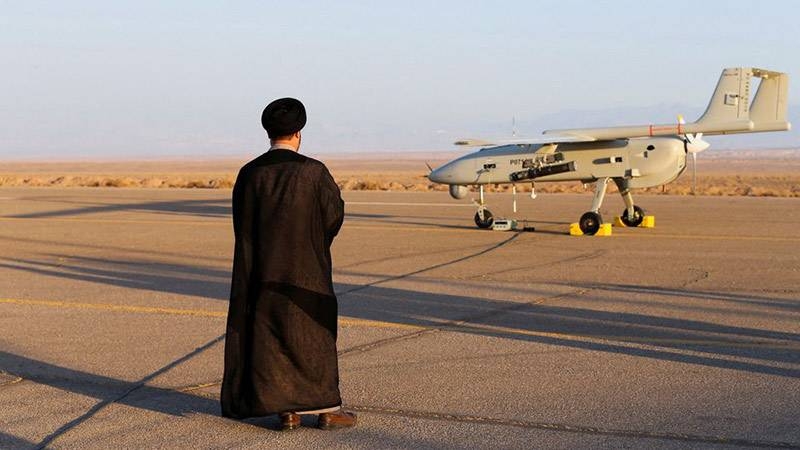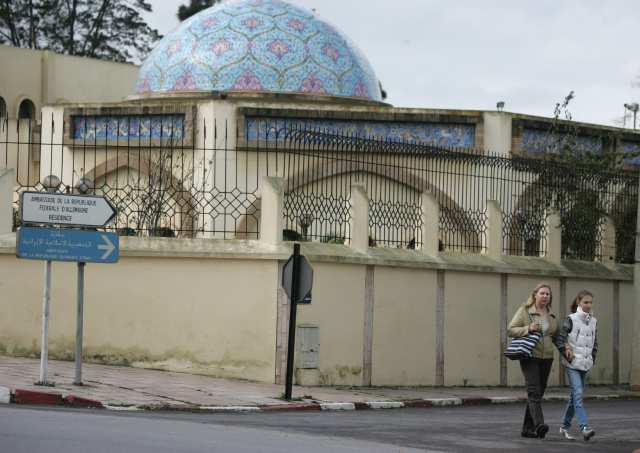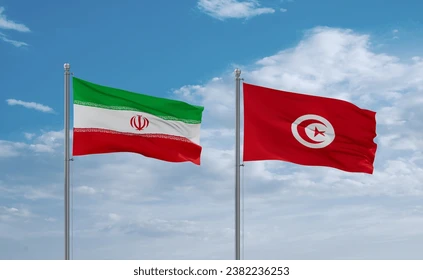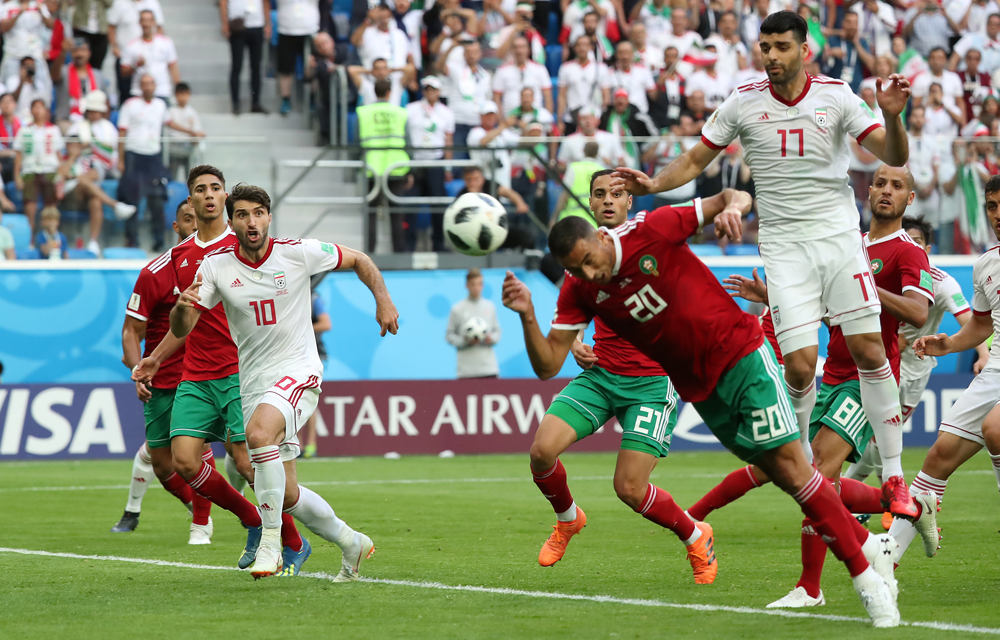The Iranian regime’s export of drones to destabilizing actors is shaking the entire MENA region, and as the war in Ukraine has shown, shakes even Western countries, warns Alex Grinberg, expert on Iran based at the Jerusalem Institute for Security and Strategy, who underlines that after Hezbollah in Lebanon, the Houthis in Yemen, the Iranian regime has recently delivered equipment to the Polisario Front in Algeria, threatening stability in North Africa.
Drones and missiles are an integral part of Iran’s asymmetric power race, helping the regime carry out its regional policies in support of terrorist proxies, promoting chaos and conflict, writes the expert in a recently published analysis, adding that the Iranian regime bet on drones as strategic military asset. Thus, exporting these drones to terror proxies has been an integral strategy of Iran’s drone production from day one. Iran’s drone diplomacy empowers the regime’s quest to expand its power base in the region, the expert explains, recalling that Iran has supplied drones to its loyalists across the Middle East, including Hezbollah in Lebanon, the Houthis in Yemen, and pro-Iranian militias in Syria and Iraq.
More recently, news about Iranian drone supply to the Polisario Front in Algeria has been triggering concern about stability in North Africa, he states, pointing out that while Iranian drones in the region have been promoting conflict and chaos since 2017, until the supply of Iranian drones for Russia’s war against Ukraine, this happened under the radars of Western media and decision-makers’ attention.
Other destabilising actors in the region who historically were recipients of Russian arms, now increasingly show interest in Iranian drone supply. Iranian media have boasted that the country is becoming a ‘drone superpower’. Top military adviser to the Supreme Guide of Iran Rahim Safavi announced that more than 20 countries are interested in purchasing Iranian drones.
For the pundit, Algeria is among the countries forming Iran’s top client list. “The state is notorious for human rights abuses, including restrictions on freedoms of speech and religion for Christians and other minorities, and with its people suffering abysmal socio-economic hardships,” Alex Grinberg writes, recalling that Tasneem, an Iranian IRGC-affiliated outlet, reported that Algeria intends to establish a center for the research and development of UAVs in the city of Sidi Abdellah in Northern Algeria.
Iranian supply of both loitering munition and attack drones to Algeria will intensify ties between the two authoritarian regimes. For example, piloting drones requires lengthy training onsite, and Iran is likely to dispatch Arabic-speaking Hezbollah instructors for this purpose. In either case, this growingly bold axis is bad news for Western interests in the region, argues the author of the analysis.
The Polisario Front, an Algerian benefactor and Iranian ally in the region will not shy away from using Iranian drones against Morocco, he states, arguing that this may threaten stability and security in North Africa, potentially posing an acute threat to Western interests in the region: a potential escalation of the Sahara conflict; undermining the energy security for which Western countries like Germany have been looking to Algeria; and perhaps even humanitarian repercussions, including immigration waves resulting from regional instabilities.
While no country with an interest in regional peace and stability should purchase drones from the Iranian regime, the US should exert pressure to prevent this unholy axis of authoritarian regimes to gain cutting-edge destructive capabilities ‘made in Iran’. And not just due to the moral dimension of geopolitics.
Iranians often use Hezbollah personnel to instruct Arabic-speaking militias. For this reason, delivering weapons from Iran to Polisario through the incontestable mediation of Algeria also means increasing the presence of Hezbollah in North Africa. Algeria may encourage Polisario to attack Morocco more violently now that it has Iranian drones. In turn, this will lead to a harsher Moroccan response. As a result, the already existing tension between the two countries due to Algeria’s support for the Polisario guerillas risks spinning out of control.



